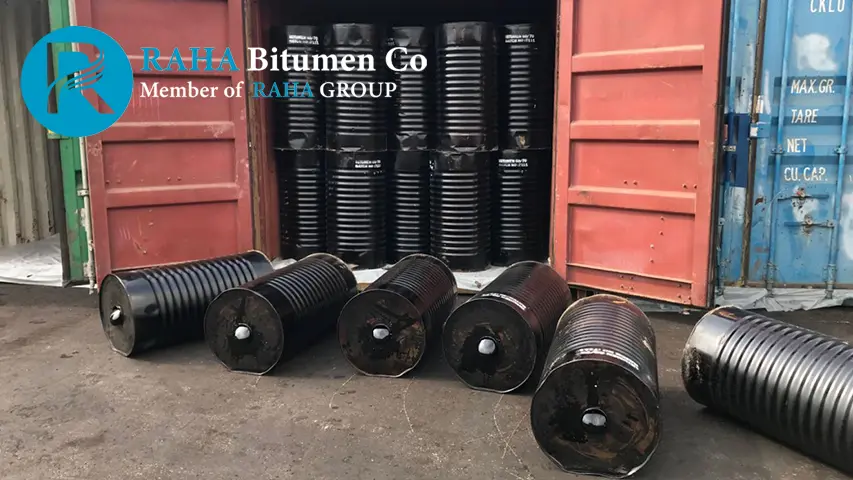
At RAHA Bitumen, We are Manufacturer and Supplier of different grades of Bitumen such as Bitumen 30/40 . We have over 13 years experience in Export to East Asia and Africa countries. For more information about price, payment, SGS of each country, please don’t hesitate to reach out. Contact us directly or message us on WhatsApp for prompt service and inquiries.
Overview
Bitumen 30/40 is characterized by its penetration value, which ranges between 30 and 40. This property ensures that Bitumen 30/40 is particularly well-suited for climates and conditions where high temperatures and heavy traffic are prevalent, providing a stable and long-lasting surface. Bitumen 30/40 is a suitable grade for tropical and very dry climates.
properties
Bitumen 30/40 has a softening point between 50°C to 60°C. This grade of bitumen provides excellent resistance to deformation under high temperatures and heavy loads.
Also, Its high viscosity ensures structural stability, while its moderate ductility allows it to withstand temperature fluctuations without cracking.
Specification
| Specification | Test Method | Unit | Min. | Max. |
|---|---|---|---|---|
| Specific Gravity at 25 °C | ASTM D70 | kg/m³ | 1.01 | 1.05 |
| Penetration at 25 °C, 100g, 5s | ASTM D5 | 0.1mm | 30 | 40 |
| Softening Point | ASTM D36 | °C | 51 | 60 |
| Ductility at 25 °C | ASTM D113 | Cm | 100 | – |
| Loss on Heating | ASTM D6 | %WT | – | 0.5 |
| Drop in Penetration after Heating | ASTM D5 | % | – | 20 |
| Flash Point | ASTM D92 | °C | 250 | – |
| Solubility in Trichloroethylene | ASTM D2042 | %WT | 99.5 | – |
| Spot Test | AASHTO T102 | Negative | Negative | Negative |
Bitumen 30/40 Application
The main application of bitumen penetration 30/40 is in road construction. As we said, Its low-temperature susceptibility means it remains flexible in cold weather, reducing the risk of thermal cracking, while its high softening point ensures it maintains its shape and resists deformation in hot climates.
Packing
The Penetration 30/40 Bitumen packing can be exported with different way:
The Bitumen 30/40 is packed in Different Major:
- Jumbo Bag
- Steel Drums
- Flexi Tanks
- Bulk in Trunk Tunker
- Bulk in Bulk Vessel
- Bulk in Bitutainer
1. Jumbo Bag
Jumbo bags, also known as Flexible Intermediate Bulk Containers (FIBCs) or big bags, are a popular choice for transporting Bitumen 30/40. These large, flexible bags are typically made from woven polypropylene and are designed to hold between 500 to 2,000 kg of bitumen.
Handling:
- 1MT Jumbo Bag with Pallet and Steel
Cage:
Loading 20Ton in 20ft Container = 20Ton Net
- 1MT Jumbo Bag without Pallet and Steel
Cage:
Loading 20Ton in 40ft Container = 20Ton Net
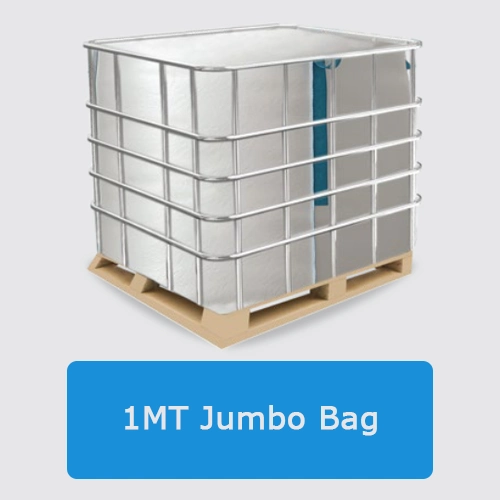
2. Steel Drums
- 180kg New Steel Drum :
Loading 110 Drum in 20ft Container= 19.80 Ton Net - 150kg New Steel Drum:
Loading 110Drum in 20ft Container= 16.50 Ton Net
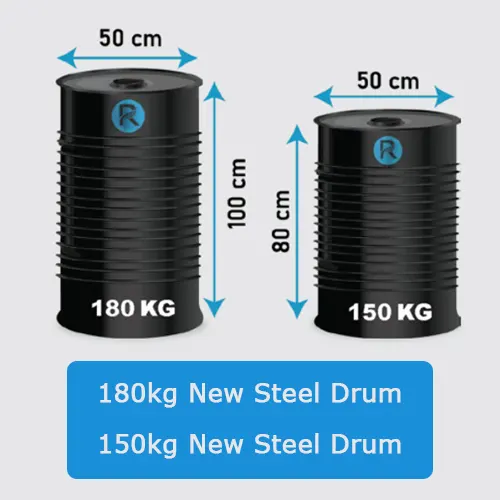
3. Flexi Tanks

4. Bulk in Truck Tanker
- Loading 24-25Ton in Bulk Tanker

5. Bulk in Bulk Vessel
- Loading 1,000-30,000 Ton in Bitumen
Carrier Vessel
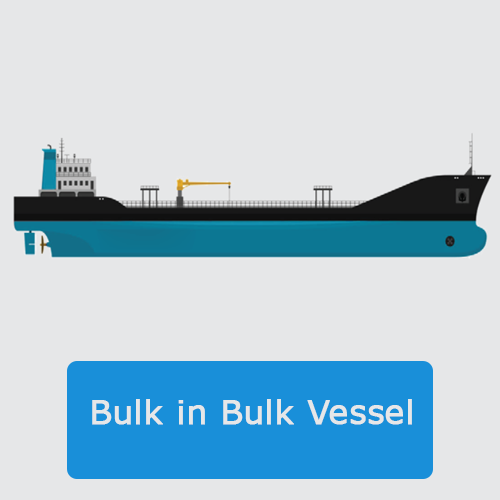
6. Bulk in Bitutainer
- Loading 25 Ton in Bitutainer
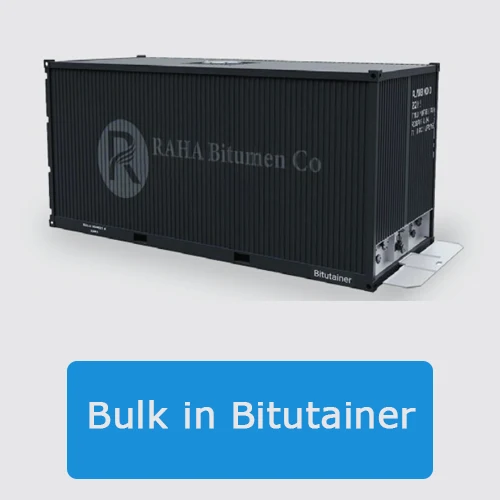
Supplier of Bitumen 30/40
As We said, RAHA Bitrumen Co, exporter and manufacturer of Cutback Bitumen RC-70 and we can Export and supply to East Asia and Africa countries .
Destinations ports
We can export Penetration 30/40 to East Asia and Africa .
East Asia
- China => Shanghai, Dalian, Taicang
- Malaysia => Port Klang, Tanjung Pelepas , Penang
- Indonesia => jakarta, Surabaya, Belawan
- Singapore => Tanjong Pagar, Keppel, Brani
- Taiwan => Kaohsiung, Keelung, Taipei
- Philippine => Manila, Cebu, Davao
- Vietnam => Ho Chi Minh, Hai Phong, Da Nang
- Romania => Constanta, Braila, Galati
Africa
- Libya => Tripoli, Misrata, Benghazi
- Kenya => Mombasa, Lamu, Kisumu
- Liberia => Monrovia, Buchanan, Greenville
- Sudan => Sudan, Ossif, Sawakin
- South Africa => Durban, Cape Town, Richards Bay
- Congo => Matadi, Boma, Banana
Order Now
If you’re interested in specific grades of Bitumen or need assistance choosing the right product, please don’t hesitate to reach out. Contact us directly or message us on WhatsApp for prompt service and inquiries.


